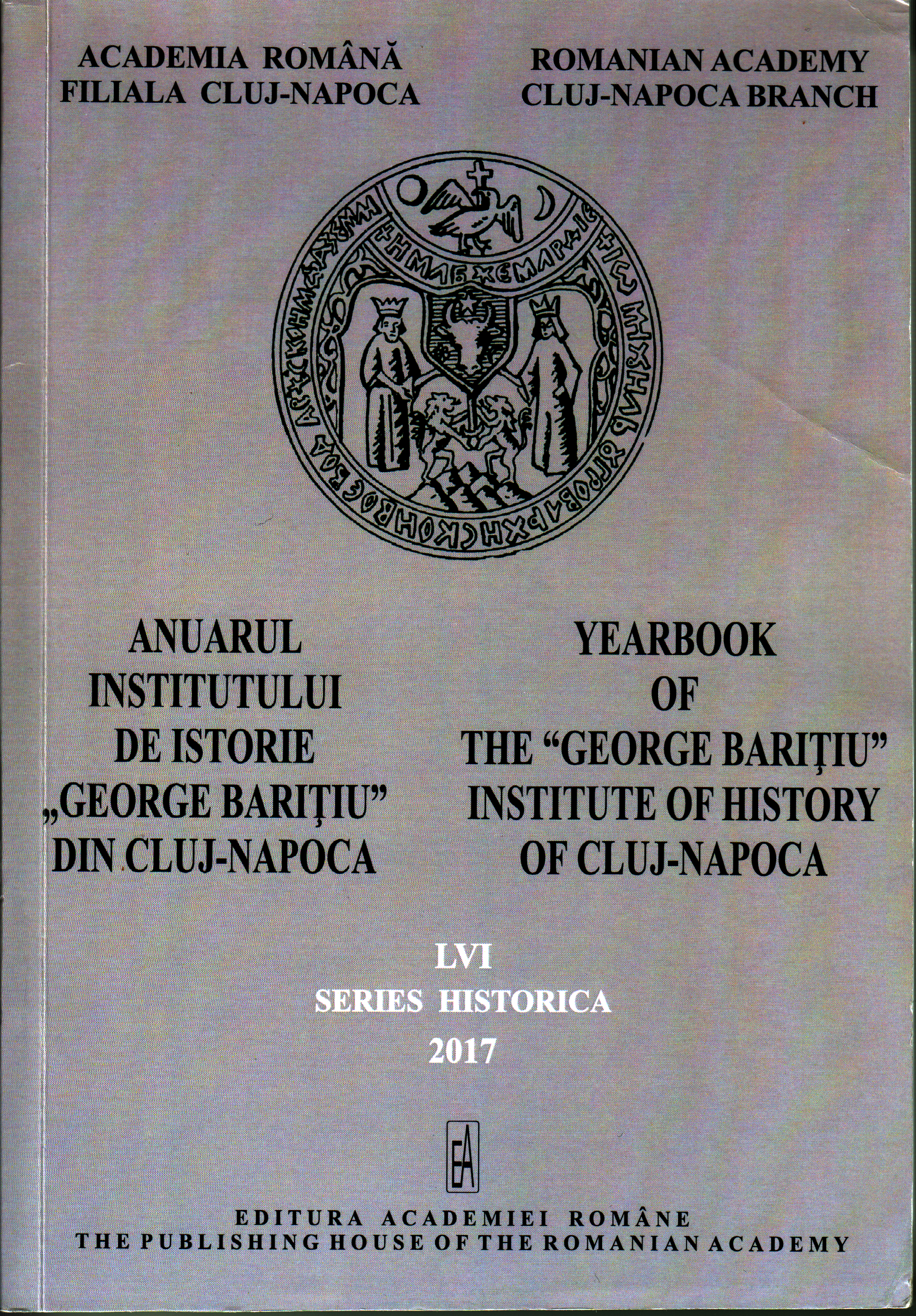Families as Free Spaces? Intersections with the Systems of Ethnic Hungarians in Romania after 1956
Families as Free Spaces? Intersections with the Systems of Ethnic Hungarians in Romania after 1956
Author(s): Dalia Agata BathorySubject(s): History, Social history, Post-War period (1950 - 1989)
Published by: Editura Academiei Române
Keywords: Family; Hungarian Minority; ethnic groups; Transylvania.
Summary/Abstract: The 1956 revolution in Hungary had effects and repercussions throughout the Soviet Block and inspired many to take action against the regimes installed after 1945. Romania witnessed different organized political movements or individual actions that expressed dissent and / or discontent with regard to the political situation in the country. Many groups of “dissenters” formed across the country and the repressive measures against them were harsh in 1956 and several years after that. This article studies the contentious political actions taken by the ethnic Hungarian groups in Transylvania and the intersection of the political system with everyday life. The research relies on a theoretical background from history and political science, and it structured on three levels: ideological, macropolitical and micropolitical. The primary sources are interviews with former political prisoners or their family members of Hungarian ethnicity as well as documents from the National Council for the Study of the Securitate Archives.
Journal: Anuarul Institutului de Istorie »George Bariţiu« - Series HISTORICA
- Issue Year: LVI/2017
- Issue No: 56
- Page Range: 269-287
- Page Count: 19
- Language: English

